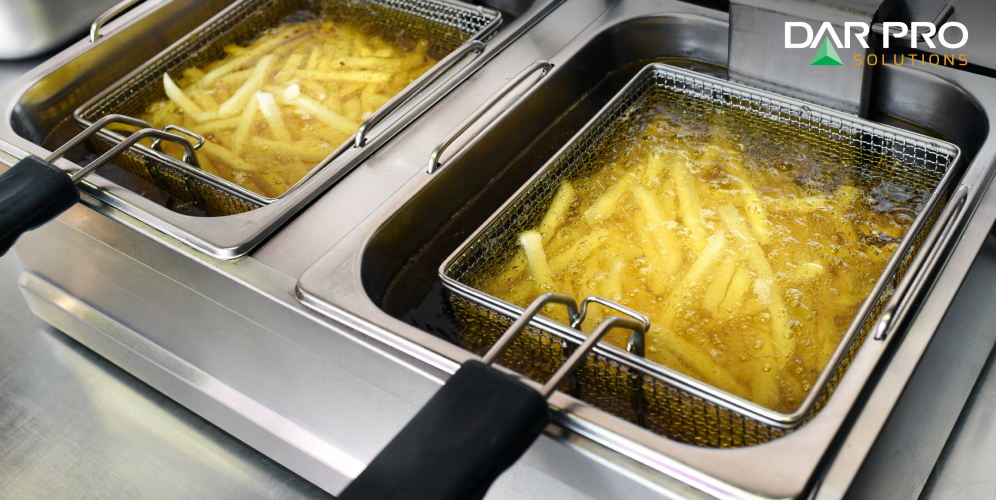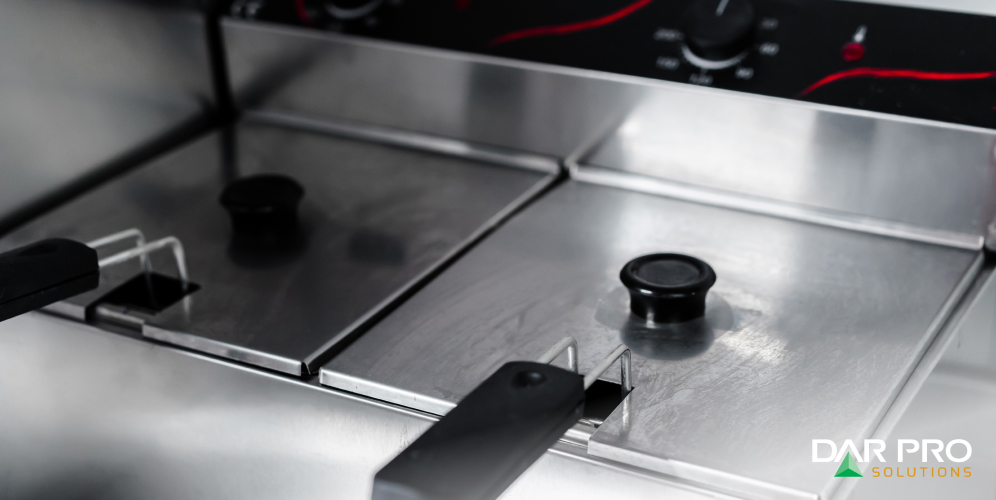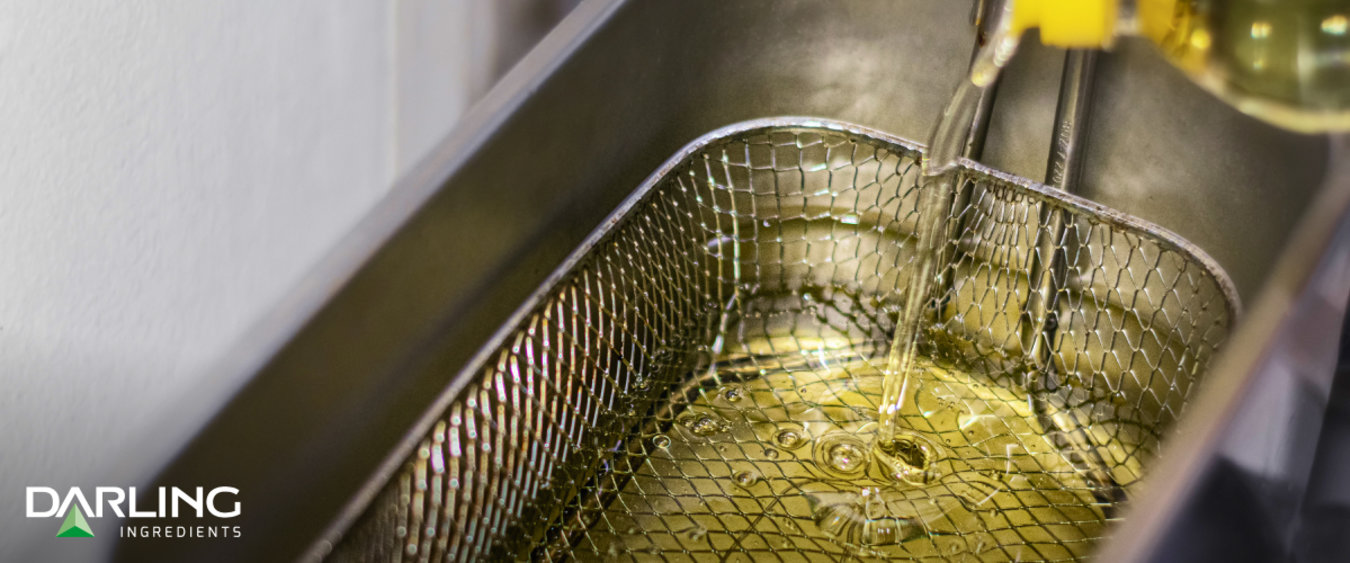Getting the bang for your buck is important for restaurant owners, especially when prices skyrocket. However, food safety is paramount, and you also want to ensure you use fresh ingredients with no spoilage.
To tell if your vegetable oil has gone bad you need to test your oil’s:
Taste
Smell
Appearance
Before your oil goes bad you can make it last longer by:
Properly store your oil
Intentionally choose your oil
Don’t overfill your fryer
Keep the oil off and covered When not in use
Filter your oil regularly
If you follow these tips you’ll be on your way to improving your oil’s efficiency.
Does Vegetable Oil Go Bad?
The short answer to this question is yes. Many people mistakenly believe that oils last forever. However, expired oils can make people sick depending on how they break down.
All cooking oils have shelf lives and will eventually go bad, but how quickly depends on the oil's type, use, and conditions. Luckily, some practices and techniques will prolong its lifespan.
How to Tell if Your Oil is Rancid
Proper use and storage of cooking oil will help it last longer, but how can you tell if it's gone bad? You can start by testing the oil against some of your senses: taste, smell, and look.
Bad oil tends to have a sharp taste, leading to lower quality or inconsistent taste in cooked foods. It may begin to have a subtle or strong, unpleasant odor. A good indicator is that it will start to burn before its original smoke point. In terms of appearance, bad oil can be discolored, cloudy, thicker, sticky, or have a foamy film on top.
When you start to notice any of these changes in your used cooking oil, it is time to dispose of your used cooking oil and start a new batch.
How to Make Your Oil Last Longer
Taking care of your cooking oil will keep it from spoiling quickly. If you follow the tips below your cooking oil will last longer and help your food taste fresher for longer.
Properly Store Your Cooking Oil
The shelf life of cooking oil varies depending on the type of oil. However, four elements lead to the breakdown of all cooking oils:
Heat
Air
Moisture
Light
To prolong the life of the oil, avoid exposure to these elements as much as possible.
Store unopened oil in dry, airtight containers away from light and heat to ensure that you get as much life out of the cooking oil as possible. When stored properly, some cooking oils can last up to two years.
Intentionally Choose Your Oil
There are various cooking oil options. When deciding which one to use in your restaurant, be sure to choose intentionally. A thorough understanding of what foods you are frying and serving helps determine oil suitability for your restaurant's needs. Flavor, smoke point, quality, and price are all critical factors in the decision.
While it may be minor, the oil you choose to cook with can impart flavor to the food. Choose an oil with minimal taste or a flavor that enhances the food cooked at your restaurant.

Don’t Overfill Your Fryer
If your kitchen has a fryer, ensure you fill it up to the indicated level. Overfilling is wasteful because it uses an unnecessary amount of oil and will take longer to heat to the desired frying temperature. Overfilling also increases the possibility of oil spilling over or burning.
Keep the Fryer Off and Covered While Not In Use
Additionally, keep the vat of the fryer off and covered when it's not in use. Turning it off removes the element of heat. Covering it protects the oil from being exposed to light, air, moisture, and the potential for any debris or additional food bits contaminating the oil.
Filter Your Oil Regularly
While the oil is in use during cooking, filter it regularly. Teach your employees to skim the top of the oil to remove any particles and pieces of food lingering in the oil to keep it as clean as possible. This simple technique keeps the quality of the food high while extending the oil's lifespan and lowering your food costs.
Read more: Cooking Oil Filtration: The Process and Benefits for Your Kitchen.

Reuse and Recycle Cooking Oil
You can reuse cooking oil to a point, but did you know you can recycle it once it can no longer be used?
Actually, all used cooking oils that go in a fryer can be recycled the same way.
Used cooking oil recycling is a hassle-free option for both the owner and the employees. Instead of disposing of your used oil, it can become a valuable ingredient in other products, such as biofuel.
Read more: Environmental Benefits of Recycling Used Cooking Oil
Partner With DAR PRO Solutions
DAR PRO Solutions has various used cooking oil containers to fit your restaurant's unique needs. Our team of trained and licensed professionals manages, collects, and recycles your used cooking oil, so you don't have to deal with any greasy messes.
Contact our sales team to learn how DAR PRO Solutions can take one more thing off your plate by managing your used cooking oil.
Contact Sales
For customer service inquiries call our toll free number (855) 327-7761
By submitting this form I agree to the privacy policy including the usage of contact details to contact me for marketing purposes.
